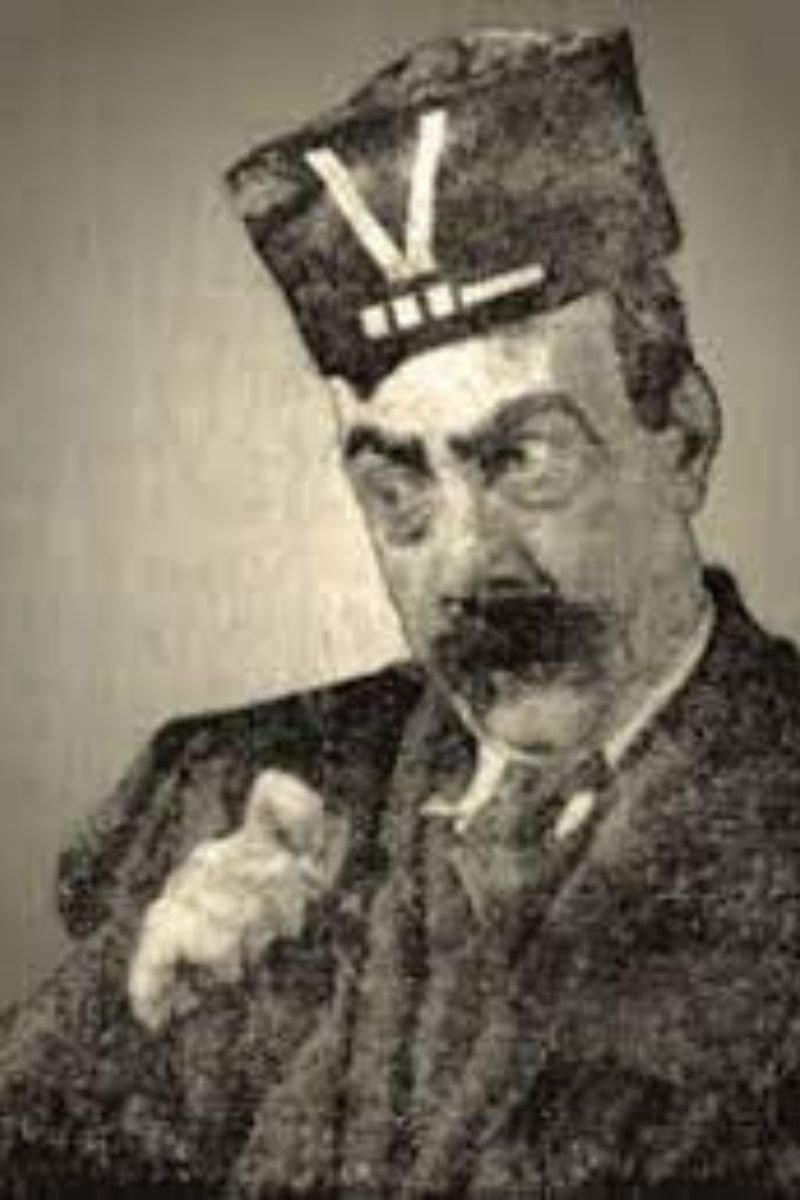
Adolfo Otero
(1893 - 1958) Actor, fundamentally outstanding in the theater and in the humorous genre, with participation in programs such as La tremendous corte and El Precinto Competitora. It was cataloged by the Cuban press of the time as the Monumental Galician. He was born in 1893 in Spain, from where he moved to Cuba in search of economic improvements at the beginning of the 20th century. After the closure of the Alhambra Theater, the Galician, as he was also known, went to the Garrido y Piñero company (1930-1935), being one of the first comic actors to take advantage of the radio as a means of expanding art. With the help of Castor Vispo's scripts, he was the protagonist of the episodes of the Galician detective Rudy Rod. He is one of the most recorded Cuban artists since 1925, along with Sergio Acebal, Ramón Espígul and Pepe del Campo, with whom he worked for a long time on the radio and later on television. In 1929 he was linked to the radio, doing it first at the CMW station, then at CMK, RHC Cadena Azul and Radio Progreso, until he became an exclusive actor on Unión Radio Televisión. In La tremenda corte he played the character of Rudesindo Caldeiro y Escobiña, acting alongside Leopoldo Fernández and Aníbal de Mar. In November 1950 he made his television debut in the program Los cuatro grandes, along with Tito Hernández and Carlos Mas, directed by Clara Ronay and with scripts by Carlos Robreño. In 1951 he worked in Polémicas Trinidad y Hnos together with Lolita Berrio and La Tienda de Venancio, both television programs. Other programs were Leoncia and Alacranete on Telemundo Channel 2, acting alongside Armando Bringuier, Alicia Rico and Candita Quintana and in Cuba she laughs with Cristal alongside Julito Díaz. In 1954, it debuted on the CMQ Circuit, in the space La mesa cuadrada, a program written by Cástor Vispo and moderated by Jesús Alvariño and Luis Echegoyen. The program was presented on television in July of that year. He acted in several films, he was the protagonist of Hitler is me released in 1946, directed by Manuel Alonso. Then he acted in Seven deaths on a fixed term (1950), by the same director. Throughout his acting life he made an excellent friendship with fellow Cuban actor Julito Díaz. In October 1958, when he was attending the funeral home where he was being held, while he was being interviewed by a reporter from the Bohemian Magazine and recounting some events in his friend's life, he put his hands to his chest, cried out in pain, and fell to the ground. floor. First aid was given to him, but he died when he was admitted to a hospital. Two hours later he was watched at the funeral home itself. Although a specific cause of death has not been determined, specialists consulted state that it could have been due to a ruptured abdominal aortic aneurysm.